2017
Is the Rainy Weather Bad for Your Cellular Connection?
Tips
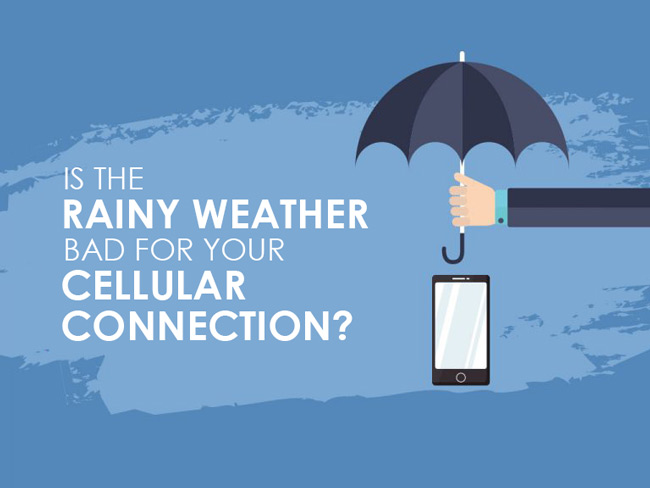
How Does the Weather Affect Cellular Connection?
- Air does not directly affect your cellular connection. However, changes in humidity levels do.
- Water conducts electricity, and as it does, it reflects radio waves. The water vapor then absorbs the energy from the radio waves and converts it into heat. As a result, it blocks the signal between the cell site and the device.
“I did unlock my phone but why is my connection still bad?” – Most people would look for solutions over a bad cellular connection, but at times, it is better to understand the situation first.
Typically, your connection weakens when you are out in the woods or most especially when the weather is not good. However, how does the weather affect your cellular connection? More so, is it true that a rainy weather is truly bad for your connection?
Here is a brief discussion to help you with.
What is Cellular Connection?
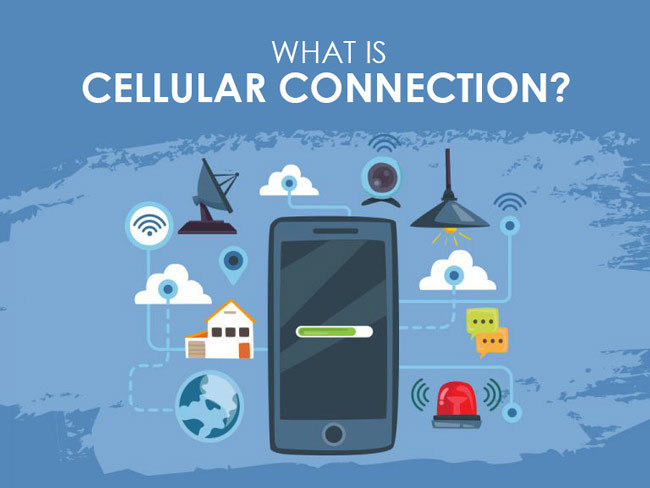
Cellular connection (or cellular signal) is what helps your phone transmit text, photos, and calls to another phone. Basically your device, either it be a smartphone or a basic phone, communicates with a cell site through radio waves. The frequencies may range from 700 to 2,600 MHz and are commonly designated in the ultra-high frequency (UHF) band given that it fits in the band’s range of 300 MHz to 3 GHz. More so, this can be identified by through the five bars that are indicated in the upper part of your screen.
Commonly, UHF radio waves travel directly from the source to the receiver, also known as line-of-sight propagation. It is one characteristic that radio waves possess in the process of transmitting data from a device to the receiver. However, as the waves travel in a straight path towards the receiver, often, they are blocked by obstacles such as hills and large infrastructures. This then may cause diffraction, reflection, refraction, or absorption of the radio waves to the materials or atmosphere that it travels to.
Given that there are several radio frequencies available, cell providers are most likely to resolve the issue of obstacles. These cell providers just have to make sure that they do not interfere any of those that are emitted by another cell site.
Most likely, radio waves can travel for about 45 miles away, given that there is a clear line-of-sight – meaning no obstacles, a powered-up cell site, and a great atmosphere condition. However, in reality, the maximum traveling capability of these radio waves is just about 22 miles or less.
Just remember that the farther you are from a cell site, the weaker your cellular connection or signal is.
How Air Affects Your Cellular Connection?
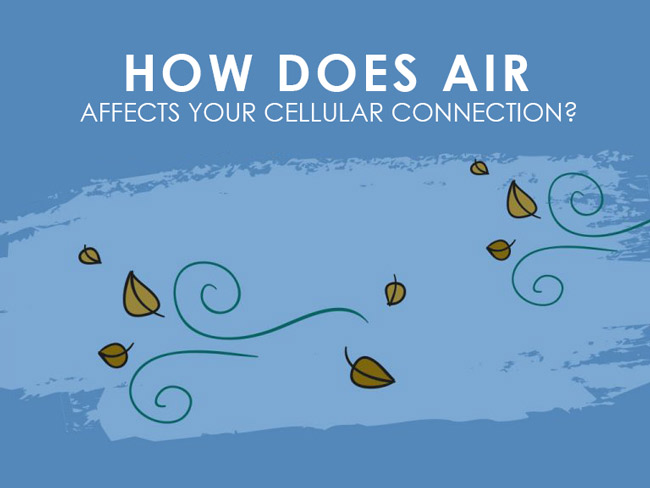
Technically, air does not directly affect your cellular connection. However, changes in humidity levels do.
As you may have known in the above discussion, UHF frequencies’ line-of-sight propagation may only be affected when and if there are obstacles along the path. The air is a simple matter, only when it is not associated with water. However, in cases when rain and lightning strikes, the UHF frequencies may bounce and travel over longer distances. This then may extend the reach of transmission that can cause a weaker cellular connection.
How Water Affects Your Cellular Connection?
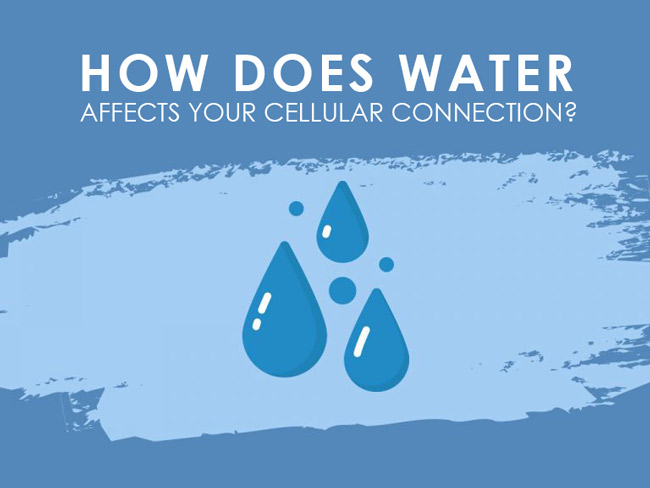
Unfortunately, water isn’t good for cellular connections. This is due to the fact that water conducts electricity which may reflect waves. As it does, the water vapor then absorbs the energy from the radio waves and converts it into heat. This blocks the radio waves from traveling between your device and the cell site, which results in a weak cellular connection.
What to Do About It?
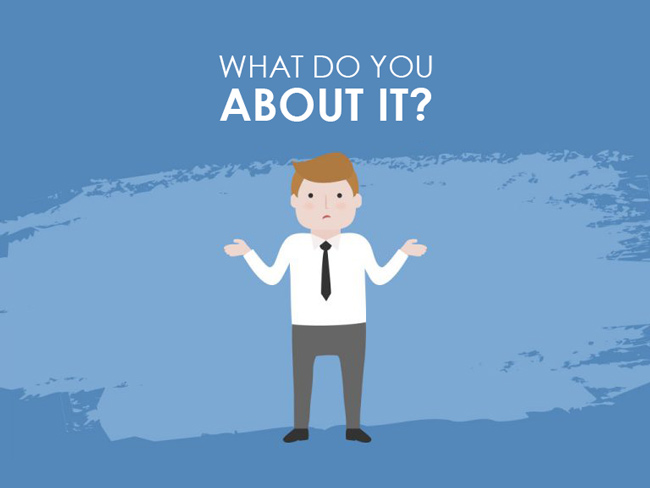
Knowing about how weather affects your cellular connection can help you in your daily encounters. An example of which is when traveling. If you know that you are going to a place where there is most likely weaker connection or signal, you can try Googling about the cell sites that are near it. So in case you have an emergency, you’ll know what to do.
More so, you can try switching from an LTE to a 3G connection in situations that you really need to send a quick message to someone. As often times, lower frequency radio waves can travel better in atmospheric conditions that higher frequency radio waves could not work into.
Key Takeaway
Cellular connections travel through radio waves in a straight path. With this in mind, it can be concluded that a rainy weather can cause those frequencies to bounce and cause weaker connections.
All products, and company names, logos, and service marks (collectively the "Trademarks") displayed are registered® and/or unregistered trademarks™ of their respective owners. The authors of this web site are not sponsored by or affiliated with any of the third-party trade mark or third-party registered trade mark owners, and make no representations about them, their owners, their products or services.

Comments are closed.